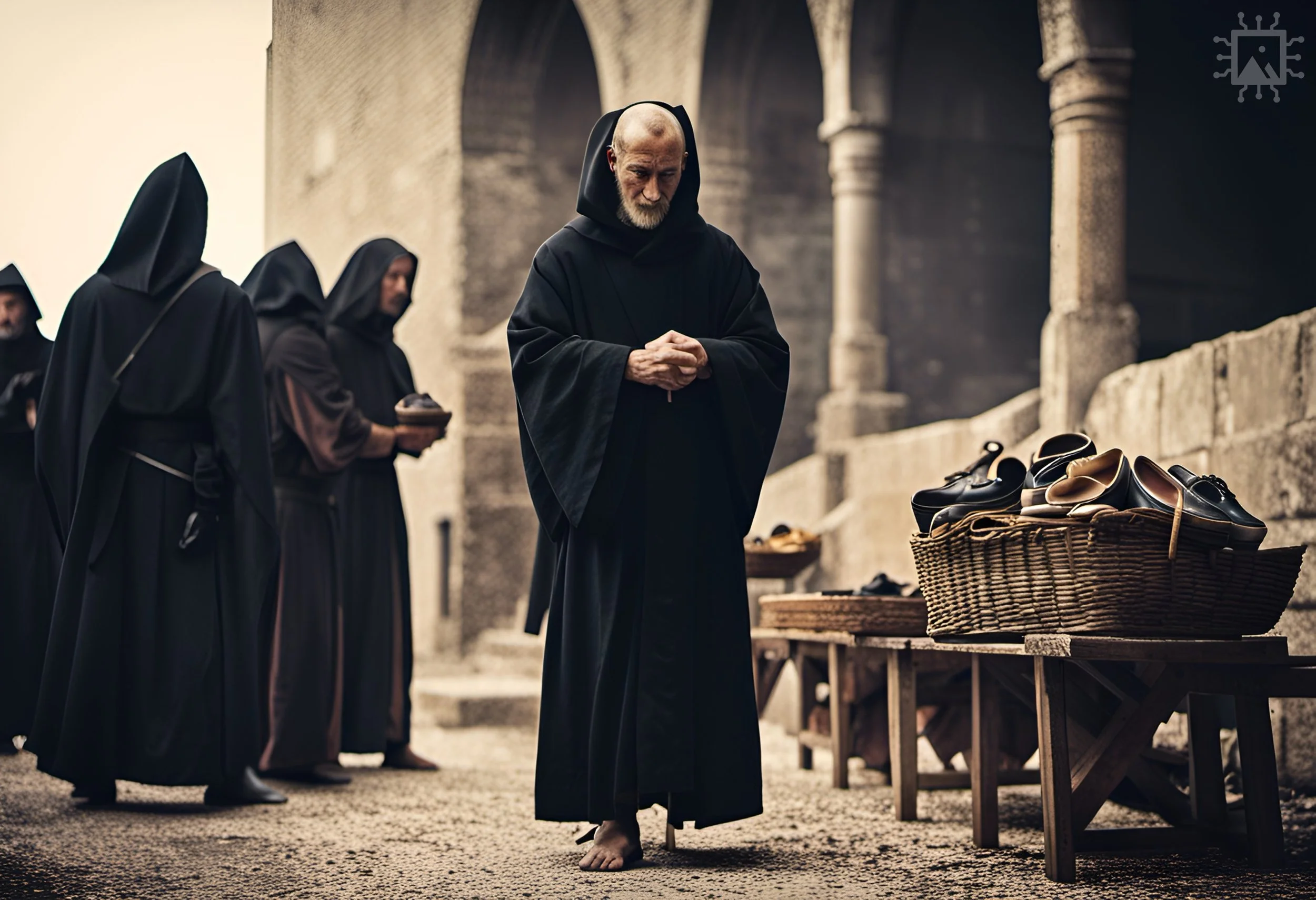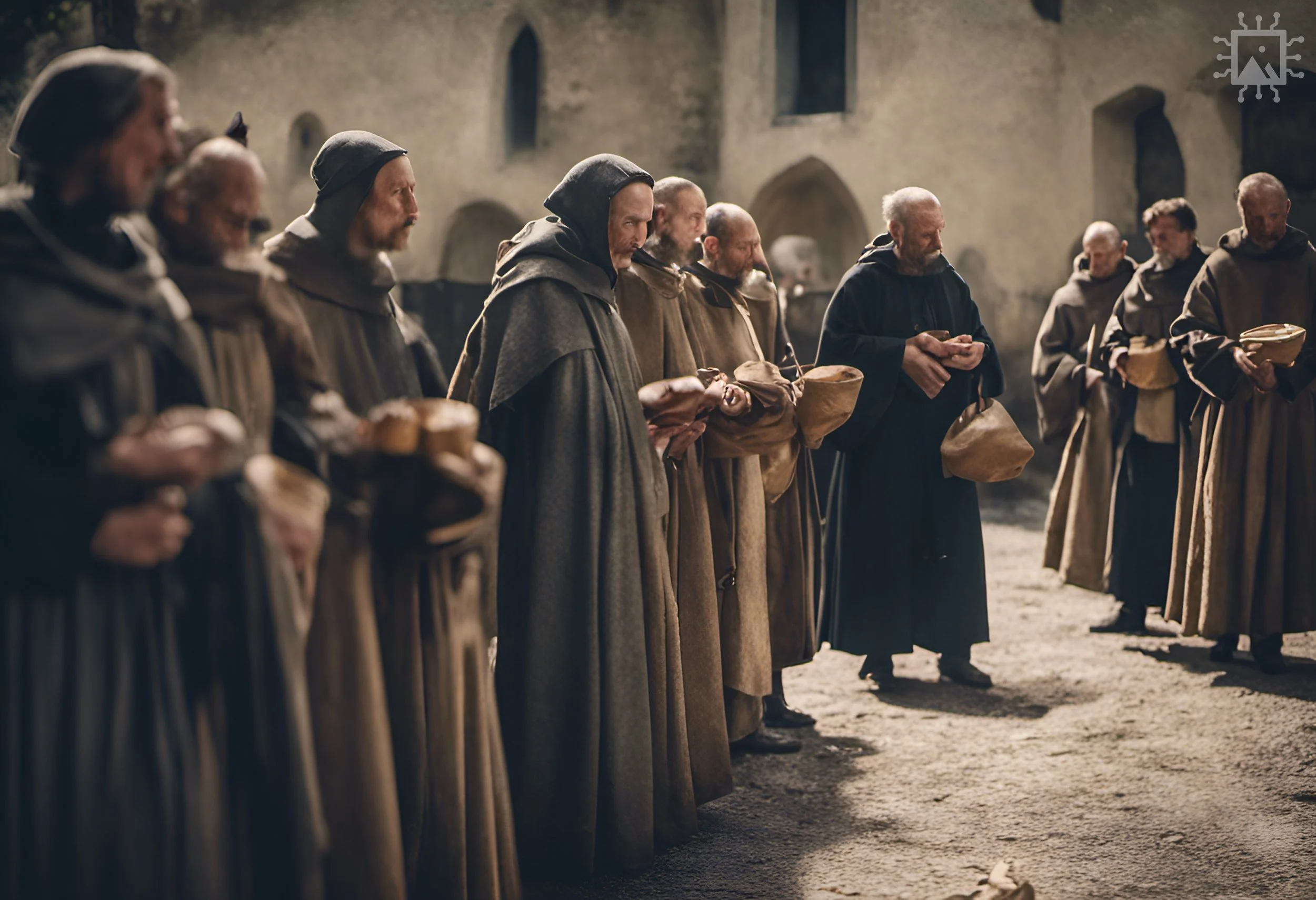- Accounts
- Alkham
- Ashford
- Aylesford
- Bekesbourne
- Betteshanger
- Biddenden
- Brenzett
- Bromhey
- Bromley
- Burham
- Canterbury
- Capel
- Chalk
- Charing
- Charters
- Chatham
- Chelsfield
- Cliffe
- Cooling
- Cranbrook
- Custumale Roffense
- Cuxton
- Dartford
- Deal
- Dover
- East Peckham
- Eastbridge
- Eastry
- Faversham
- Fawkham
- Feet of Fines
- Folkestone
- Food
- Foots Cray
- Frindsbury
- Gillingham
- Goudhurst
- Gravesend
- Haddenham
- Hadlow
- Halling
- Harbledown
- Hawkhurst
- Hawkinge
- Higham
- Hoath
- Hoo
- Horton Kirby
- Hythe
- Ifield
- Inscriptions
- Ivychurch
- Laws
- Lewisham
- Littlebourne
- Lydd
- Lyminge
- Maidstone
- Medicine
- Medieval
- Military History
- Modern
- Monasticism
- Monumental Inscriptions
- North West Kent Family History Society
- Northfleet
- Orlestone
- Preston near Wingham
- Rainham
- Ramsgate
- Records
- Ringwould
- Rochester
- Rochester Cathedral
- Saltwood
- Sandwich
- Shipbourne
- Shoreham
- Sittingbourne
- Snargate
- Snave
- Snodland
- Snodland Historical Society
- Stansted
- Stoke
- Stone in Oxney
- Stourmouth
- Stowting
- Strood
- Sturry
- Surveys
- Tenterden
- Textus Roffensis
- Tithe Commutation Surveys
- Tonbridge
- Westwell
- Wills
- Woolwich
- Wouldham





















